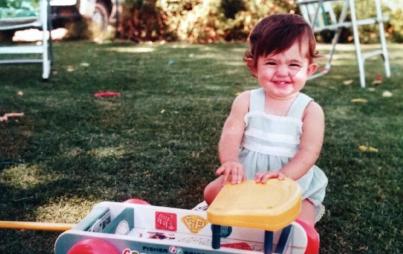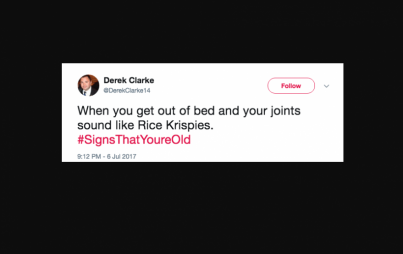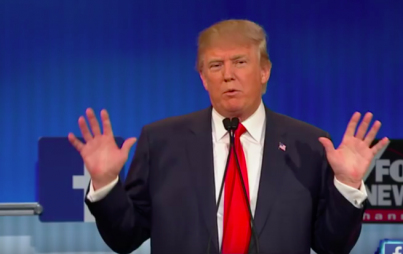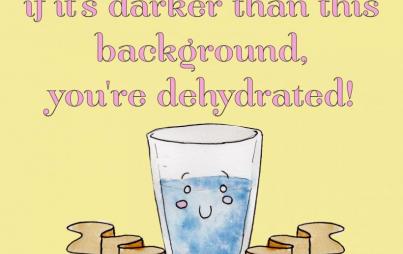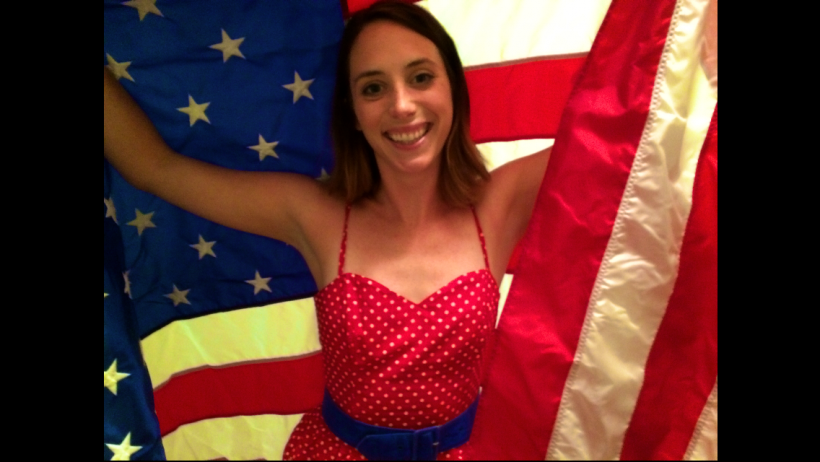
As July 4th rises on the horizon, trailing streaks of stars and stripes, hot-dog-shaped patriotism and summer nights bathed in fireflies and fireworks, I've been wondering what it means to be American. By its textbook definition, ethnicity is "the state of belonging to a social group that has a common national or cultural tradition."
But what exactly does "common" mean in a nation with more than 313 million people hailing from at least 26 different ancestries?
Is America the Vietnam War, Bruce Springsteen, Carol King, slushies at 7/11, Walmarts, too many pork-chops on the grill, oversized leather sofas and SUVs? Is it freedom of speech, blue jeans, rock and roll, camouflage, guns? Is it blue collar, white collar? Blue-eyed blondes in denim cutoffs? Is it the Inuits, the Hawaiians, the Choctaws? Is it the pilgrims? Is it amber waves of grain? Slums? McMansions? Is it hamburgers or BBQ, country clubs or NASCAR? Is the American Dream the successful immigrant or the CEO of Neiman Marcus?
It seems to me that it's all of that. And none of it. I suppose that's what happens in the proverbial melting pot; it's a spicy gumbo with unreconcilable—and sometimes unrecognizable—cultural chunks.
I myself boast a "mick" mother and a mutt father comprised of "krauts," "limeys" and "frogs." I, of course, was born white, small boned, small breasted, vaguely freckled with dark brown hair and blue eyes. I am aesthetically neither here not there, a nebulous Caucasian. (My brother boasts the most ethnic flavor; at least he's named after Irish revolutionary James Napper Tandy.)
But that's about as far as it goes. When I hear people talk about their family's history, their ethnicity—mandalas, Celtic warblings, a dashiki, even a dish their old odd grandmother makes back in Ukraine—I find myself longing for that kind of context. Some remnant of my ancestry. But the farthest my extended family stretched back (and sadly, is now almost extinguished) was one set of grandparents clad in Lily Pulitzer in a WASP-y enclave on Jupiter Island in Florida, and my other grandmother who liked to lay low on the Upper East Side in Manhattan, happily shopping at Saks and pointing out the springtime tulips on Fifth Avenue. All three of my grandparents told tales from their youth, but rarely did they ever include any kind of ethnic lens; there was no sense of nationalistic identity, no fight to preserve, no rituals to forsake or forgive or re-forge with my own future children.
Honestly, I'd say the closest concept of "self" in regards to a county is most certainly Ireland, but that's largely because my mother was raised Irish Catholic and her tales of tortured pennances and cruel nuns were enough to swear off the whole damn island forever.
And yes. My mother will cook corned beef and cabbage for St. Patrick's Day—but she does so reluctantly and a bit grumble-y. She stands over the pickled pink meat and boiled potatoes slathered in yellow mustard, crinkling her nose at the smell of it, but pleased to please my father; he thinks it's delicious. My father on the other hand is a bit of an Anglophile—our Christmases always boast a Pimms Cup, and he wears little but tweed and corduroy and generally doesn't correct people if they think he's from England.
(True story. I stumbled across an article recently about a party my father was attending about 12 years ago at the Standard Hotel in Los Angeles, honoring British journalist Toby Young. Anyway, the gossip writer was describing various shenanigans and characters and included this gem about my father: "Spencer speaks in a grand theatrical tone of voice. He has a moderate British accent. Exuding tremendous energy and enthusiasm, impeccably polite, he reminds me of producer Hilly Elkins.") (Who was born in 1929.)
So while these very vaguely Irish and British cultural vibrations were ever reverberating at the edges of my psyche—and when I hear the guttural drunken chant of an Irishmen I do get a twinge of nostalgia as though it were a phantom limb—I don't feel like I'm actually anything at all. I think I feel American—melty, a bit insular in my uber-liberal politics—but otherwise generally amorphous, gathering together all sorts of things to comprise an identity without tangible borders.
And say what you will about America (I can still be very ashamed of our country depending on my mood—we're loud, vulgar, fat, dumb, aggressive, etc. etc. etc.)—it's still the place where people flock in droves to escape political prosecution and suffocating class systems otherwise they'd never be able to ascend. It's the reason those damn pilgrims fled Britain and why millions of immigrants followed in their wake. America—as patriarchal, corrupt and delusional as it may be—still offers immense possibility.
And perhaps this is the essence of America—the land of willful amnesia. Let us forgo our past and forsake our ancestors in the name of a better future; trade them in for the promise of freedom. How incredible to shed one's skin and start anew. But the other end of the spectrum is equally beautiful. Look to the millions of Americans eager to maintain their motherland traditions, to speak to their children's children in the mother tongue, to never dissolve or dilute their former selves, but still have a penchant for possibility. They want their cake and to eat it, too. And why shouldn't they? That's part of the very freedom America not-so-humbly holds out.
And so on the cusp of the 238th anniversary of our nation's Declaration of Independence, I stand behind, before and bestride America—the myth, the monster, the Mecca of melt.


